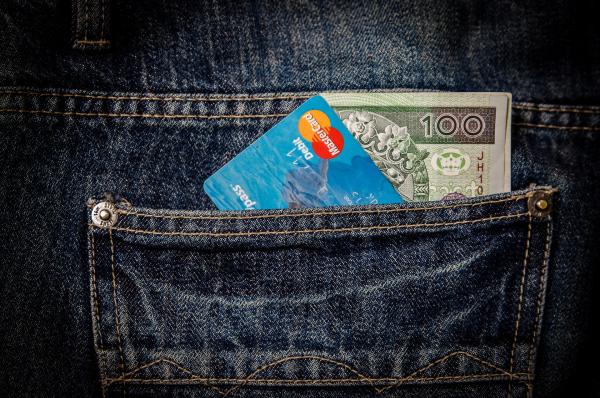A significant portion of point-of-sales transactions involve cash, credit, or debit cards, and digital transactions are increasing. But little is known about how consumers decide to reach into their wallets for cash or a card. The researcher’s hypothesis – “…when a purchase is difficult to justify (vs. easy to justify), consumers have an increased preference to pay with cash (vs. card) because they are more motivated to forget the purchase and cards create a “paper/electronic trail” that aids memory retrieval.”
Using a variety of techniques, here is what they found:
There are many reasons a purchase may be hard or easy to justify – a guilty indulgence, too expensive, etc. Context and individual behavior vary in what is easily explained. Similarly, our ability to remember or forget varies with our behavior. Credit cards leave a trail that fosters memory; cash does not.
Looking at purchases from a University store considered 118,042 purchased items and 42,660 transactions over a 43-day interval. An Internet survey separately determined the justifiability of the purchase. “The harder (easier) the purchase was to justify, the more likely the item was to be purchased with cash (card).” And this held across a price range of $5 to more than $25. As a variation, the more frequently an item was discounted, increasing the justifiability of the purchase, the more frequently a credit card was used.
With some real-world data in hand, the researchers returned to the “laboratory” to more carefully control the justifiability variable.
- Two hundred participants were asked about purchasing a Reiki treatment – half told it was justified by their feelings of anxiety, a doctor's recommendation, and a hospital setting; for the others, it was a spur-of-the-moment decision for treatment by a “holistic healer.” The “justified consumer,” given a choice of credit or cash, more often used credit; cash was king for the spur-of-the-moment purchase.
- Four hundred participants were given two products with differing justifiability at the same price in five different purchase settings: their example, a $10 movie ticket or a bucket of popcorn. In addition to noting which form of payment they chose, they asked how “open” they were to remembering or forgetting the purchase. The underlying decision to remember or forget was the motivator of the payment choice. In a variation of this experiment, they found that the consumer’s concern about their remembering was pivotal, not the observation of another individual, say a spouse.
- One thousand nine hundred ninety-five participants were given choices, but some were told their debit card was trackable, and others were told it was not. Debit cards that were not trackable, in essence, cash, were used as frequently as cash for non-justifiable purchases. Trackability matters
These findings are in stark contrast to other marketing research where the variable being manipulated is not the justifiability but the form of payment. When consumers are told to use credit cards, they make more unjustifiable purchases – perhaps the unjustifiability being the cost which is not as salient when using a credit card. As the researchers write,
“Our evidence suggests that when consumers decide a purchase first and have the option of different payment methods, their desire to forget hard-to-justify purchases can outweigh their anticipated (but not experienced) pain of payment in driving how they pay.”
That is a key lesson when we look at scientific studies; the choice of the variable being manipulated can often affect the study’s outcome.
As we move to greater and greater digital transactions, purchases we wish to forget will remain. How that is accomplished by credit card companies or “fin-tech,” firms have yet to be created, but it seems that human behavior will require some form of privacy over our consumption.
Source: Purchase Justifiability Drives Payment Choice: Consumers Pay With Card To Remember And Cash To Forget Journal of the Association for Consumer Research




